Facing Life
Pennsylvania’s prisons have the second-highest number of people in the country serving life without the possibility of parole. Nine people who were released after being sentenced to die behind bars share their stories.
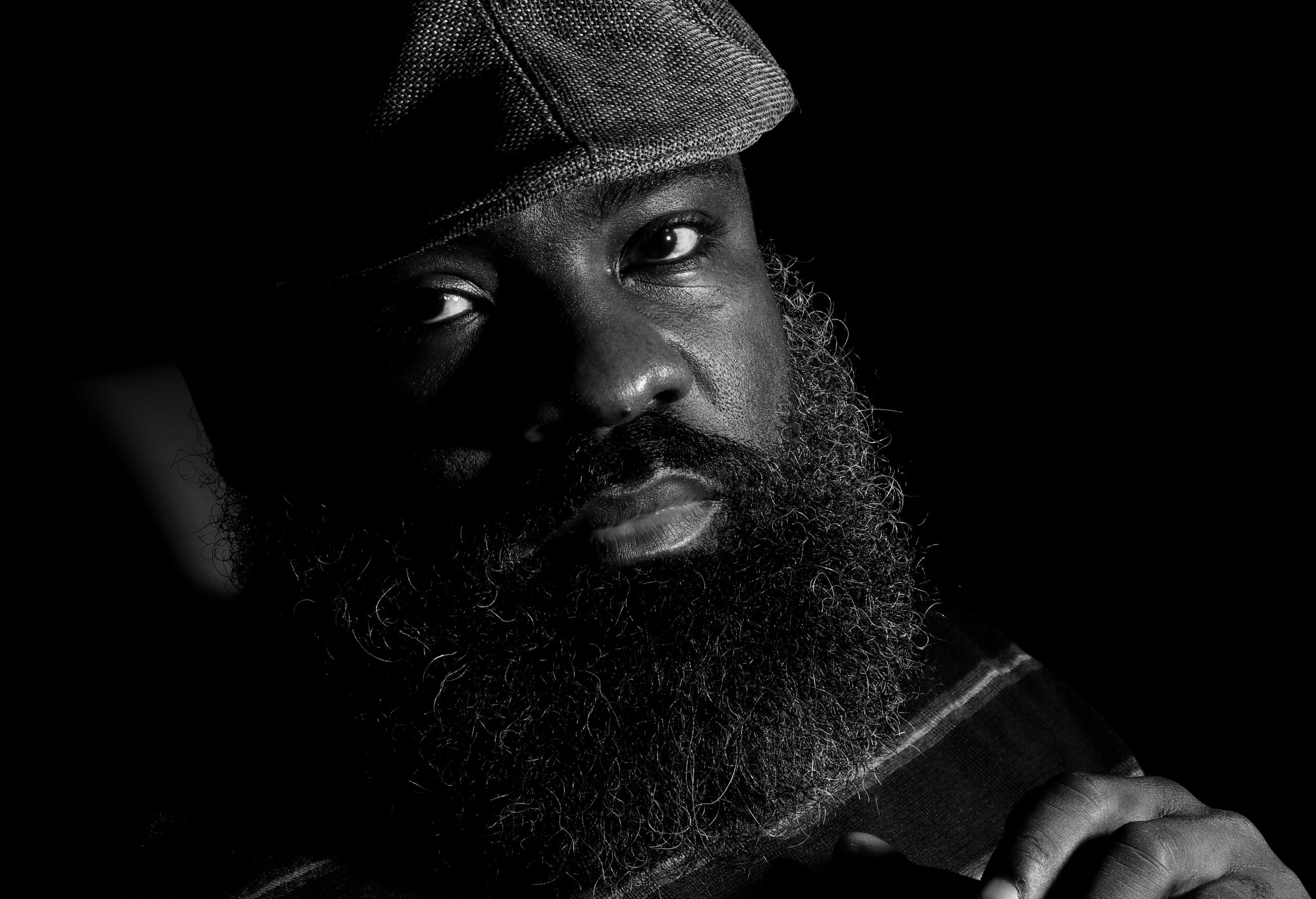
At the end of 2018, more than 5,400 people in Pennsylvania were serving life without the possibility of parole. Some advocates refer to this sentence as death by incarceration.
On Thursday, the Board of Pardons will hold hearings for three people serving life without the possibility of parole and could vote Friday on recommending commutations for eight others who had hearings earlier this year.
The Appeal, over the course of several months, met with nine people who had been released from prison after being sentenced to life without the possibility of parole.
Five of these people were resentenced because their crimes occurred when they were children, two had their adult convictions commuted and two were exonerated.
Combined this group served more than 250 years in prison.
Ricky Lee Olds
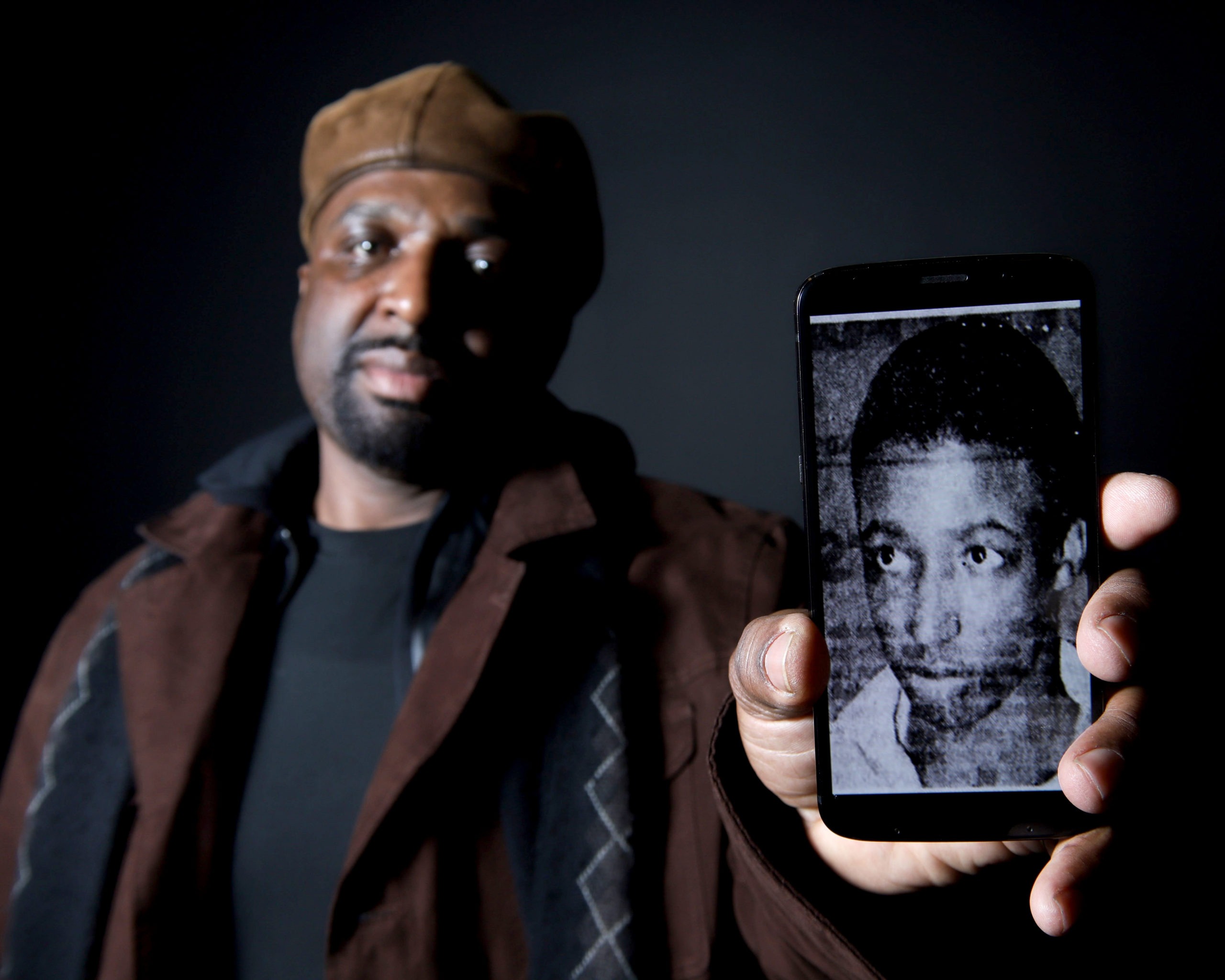
Ricky Lee Olds was 14 when he was arrested and charged with murder. At the time, prosecutors argued that Olds had acted as a lookout while another teen, Roderick Allen robbed a man outside a cigar store in Pittsburgh. Olds has always denied knowing Allen was planning to commit the robbery.
In 1980, Olds was convicted by a jury of second-degree murder and sentenced to life without the possibility of parole, the mandatory sentence at the time. The judge, who, according to the Pittsburgh Press, felt “uneasy” about the sentence, delayed sentencing and asked prosecutors to reach a plea deal to a reduced sentence. Allegheny County District Attorney Bob Colville balked at the request and told reporters that Olds would likely have his sentence commuted and be released in less than 20 years.
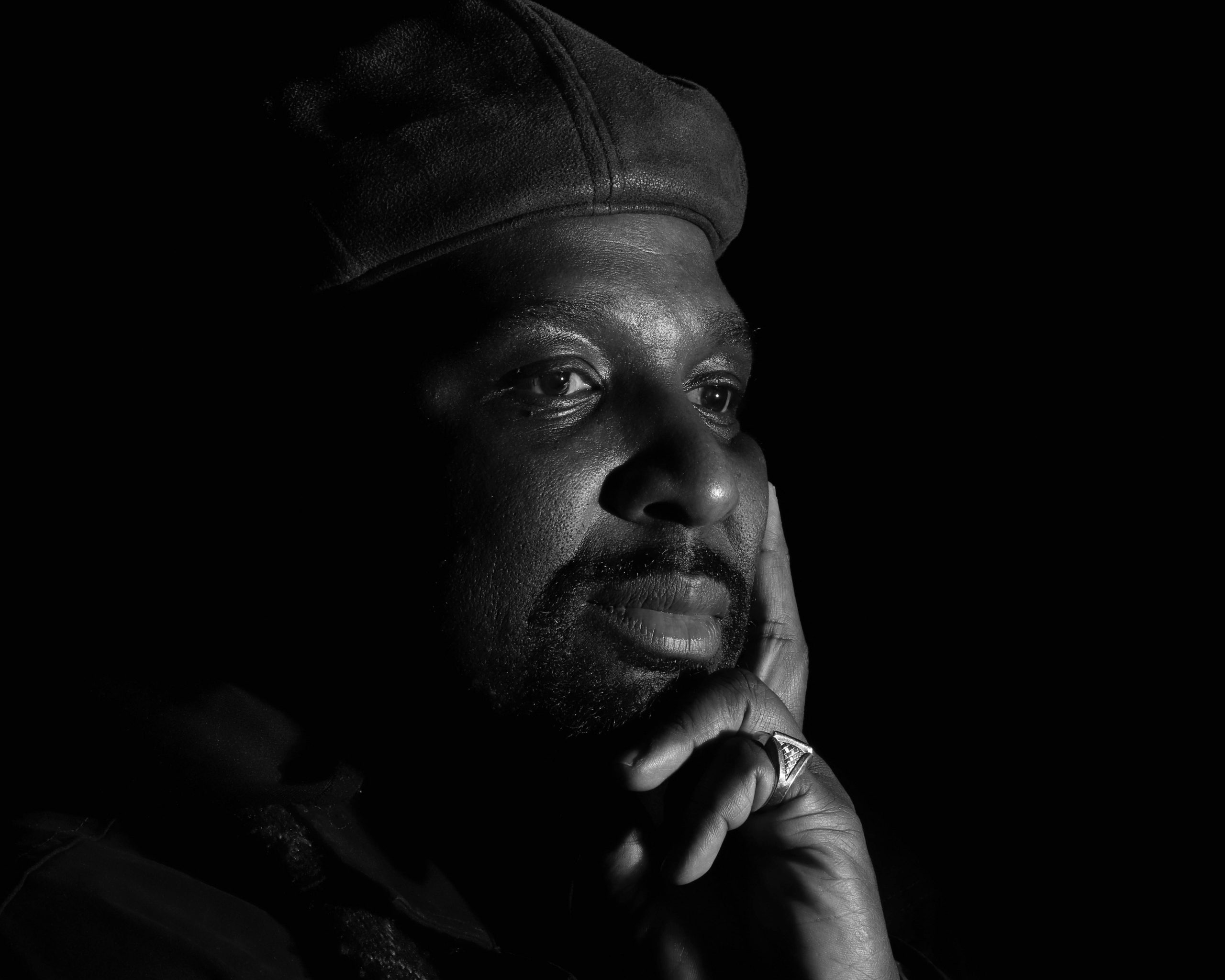
Instead, Olds spent nearly 40 years in prison. He was released in 2016 after the United States Supreme Court ruled that children could not be sentenced to mandatory life without the possibility of parole in the landmark decisions in Miller v. Alabama and Montgomery v. Louisiana, which made Miller retroactive.
Abd’Allah Lateef
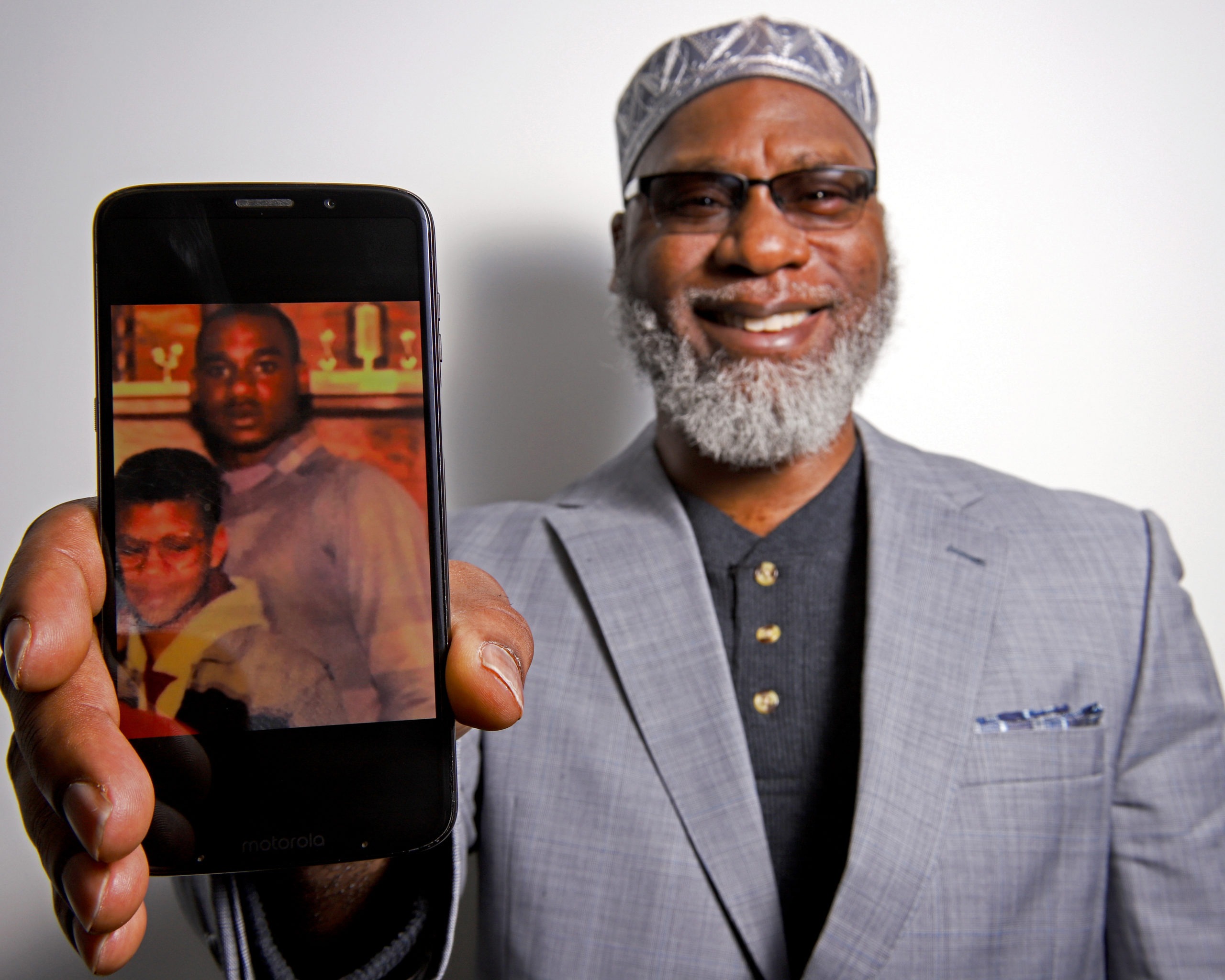
In 1986, Abd’Allah Lateef was 17 when he said was drawn into an unarmed robbery that would result in Lateef being charged and convicted of second-degree murder in Montgomery County. Lateef maintains that he was unaware that a 21-year-old man he was with, Andrew Gibbs, was preparing to commit the robbery.
During Lateef’s trial, Gibbs testified that Lateef shoved the 86-year-old victim to the ground during the robbery, causing the man to break his hip. The victim died a few weeks later from a heart attack brought on by the injury. Gibbs was given a plea deal of seven and a half to 20 years in prison for involuntary manslaughter for his testimony. Lateef was sentenced to life without the possibility of parole.
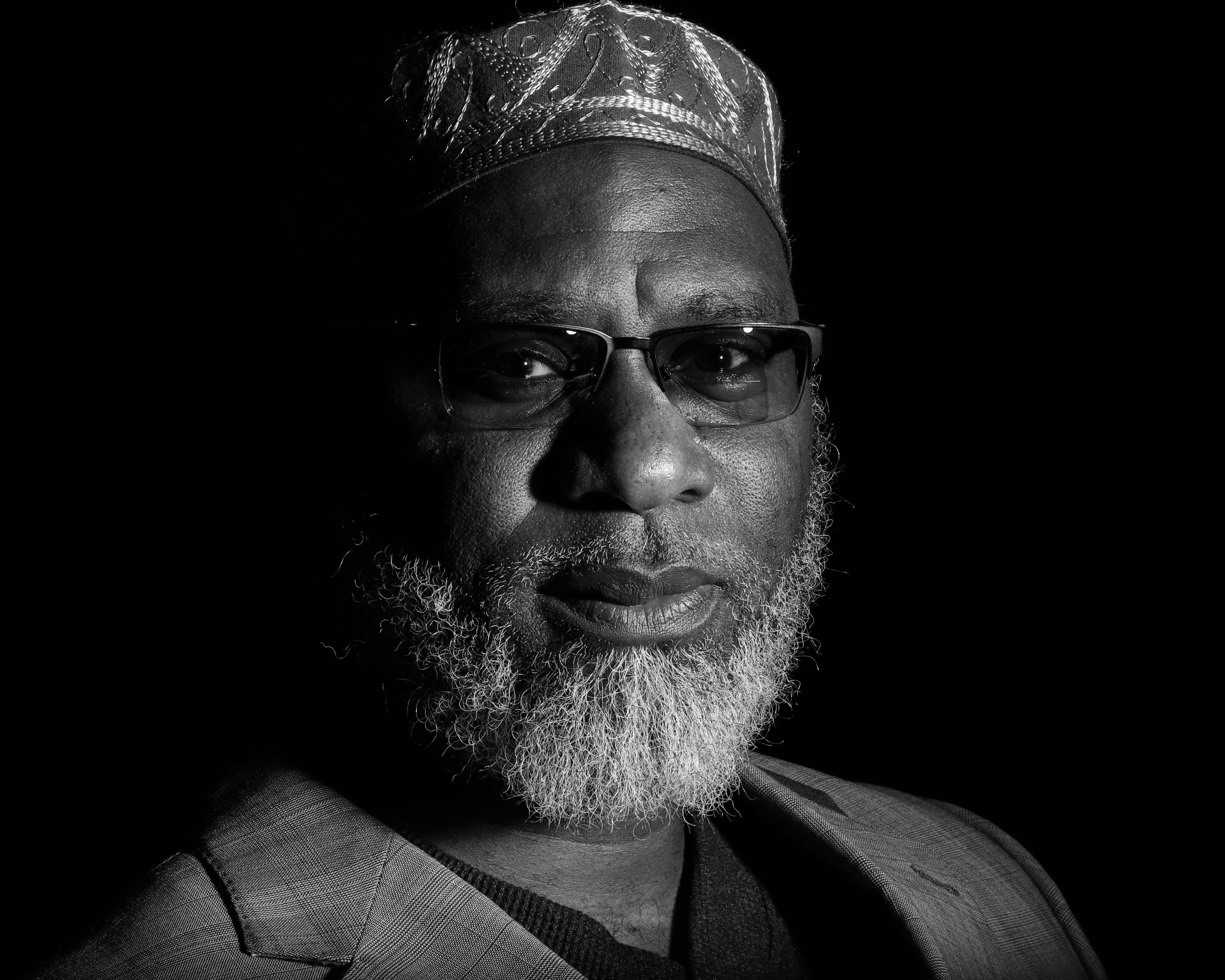
Lateef spent more than 30 years in prison before he was resentenced in 2017 and released. He is now employed as a senior strategic adviser and racial equity specialist at the Campaign for the Fair Sentencing of Youth where he advocates for creating a fairer and more just criminal legal system.
Hassan Bennett
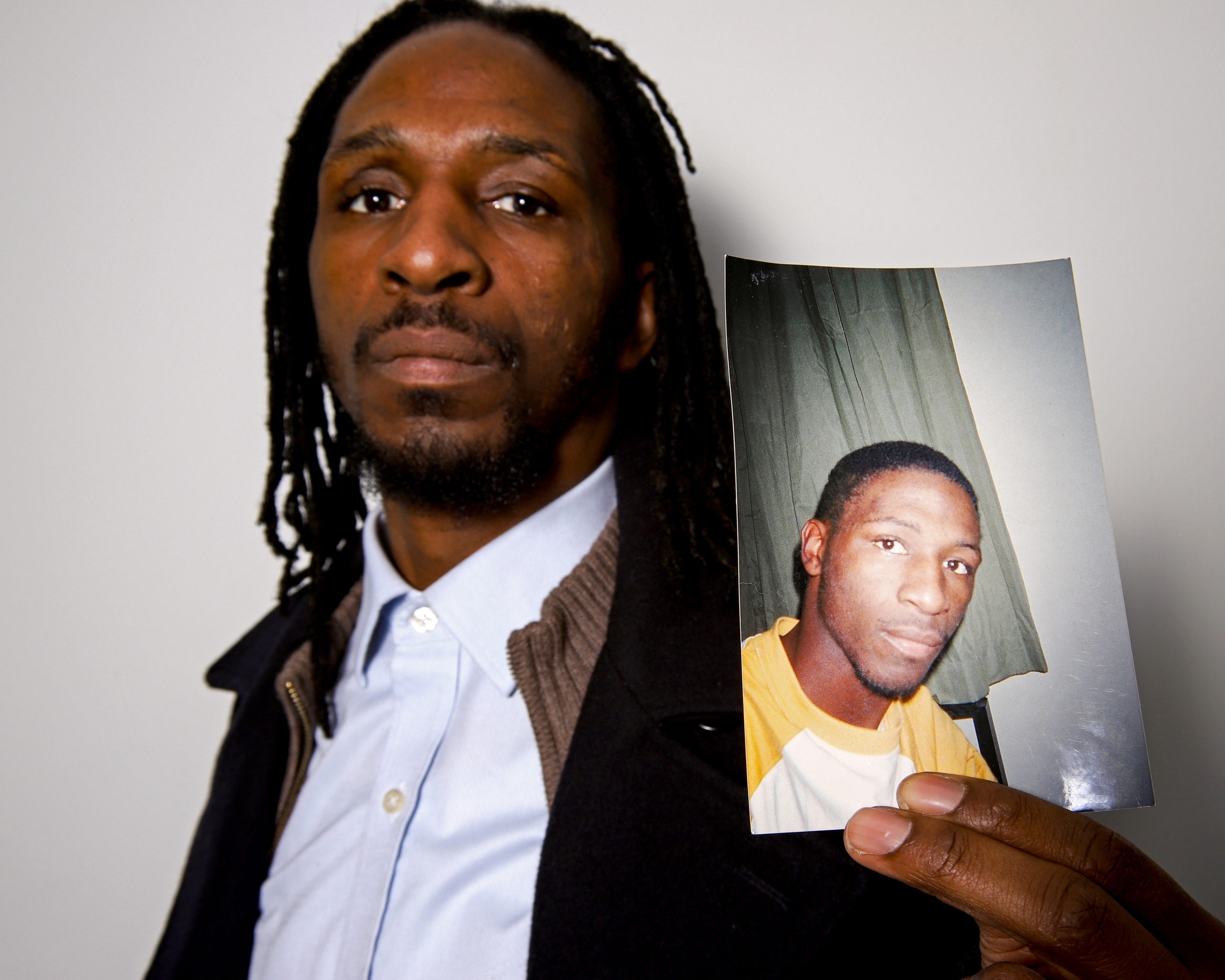
In September 2006, Hassan Bennett was arrested and charged with murder for the shooting death of a man on the west side of Philadelphia a few days earlier. Bennett, who was 23 at the time, admitted he was near the scene of the shooting but denied witness testimony that he had been involved. Bennett maintained his innocence through his trial but was convicted in December 2008 and sentenced to life without the possibility of parole.
While in prison, Bennett filed his own post-conviction appeal, arguing that his attorney had failed to call witnesses who could corroborate his innocence and present evidence that he had been on the phone before, during, and after the killing. His petition was successful and Bennett received a new trial, in which he represented himself.
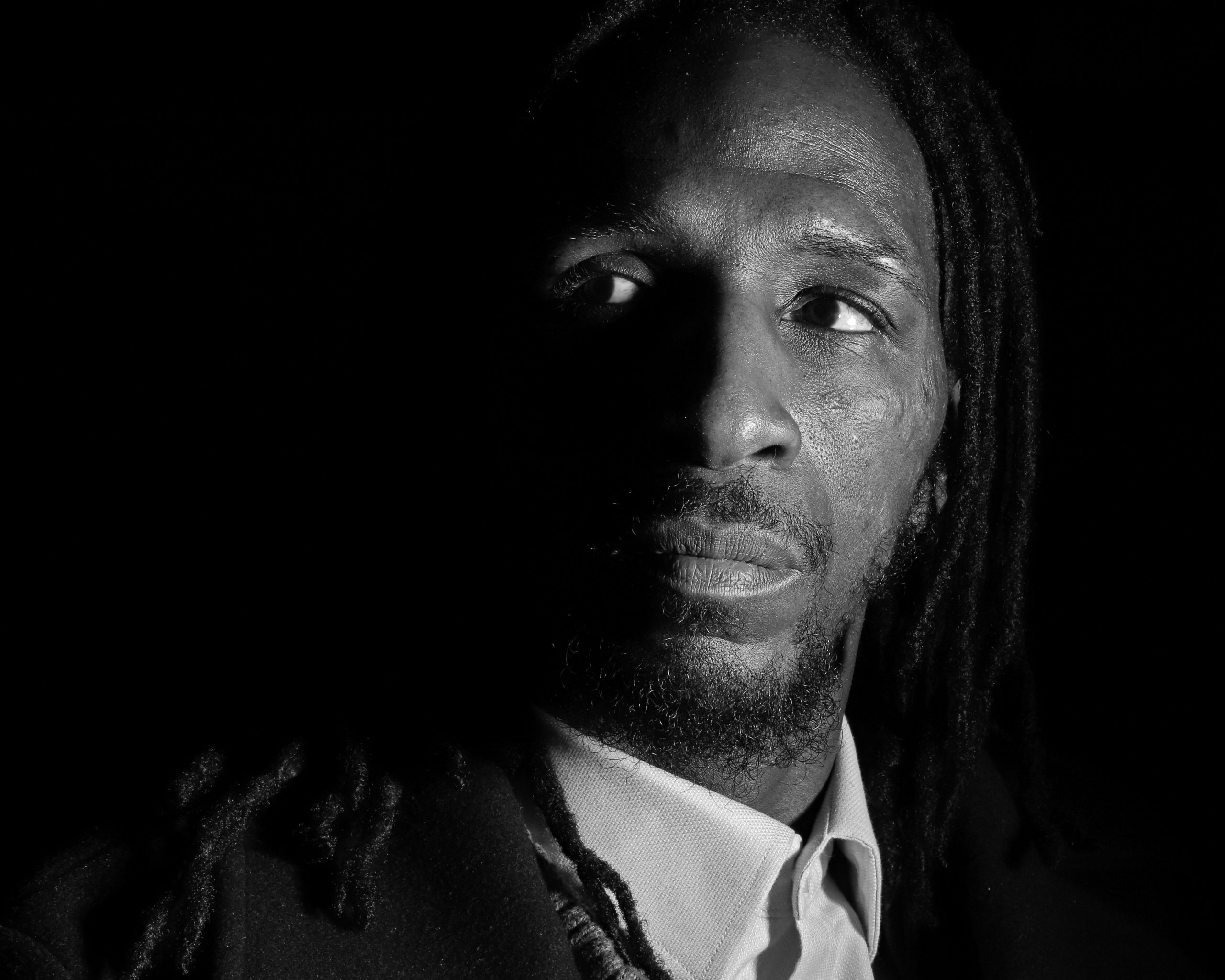
During his trial, Bennett showed that police had a history of coercing witnesses to provide false identifications, including in his case, and was able to present evidence of his innocence that was left out of his first trial. Bennett’s first attempt at a retrial resulted in a mistrial but on May 6, 2019—after more than a decade in prison—he was found not guilty and released.
Naomi Blount
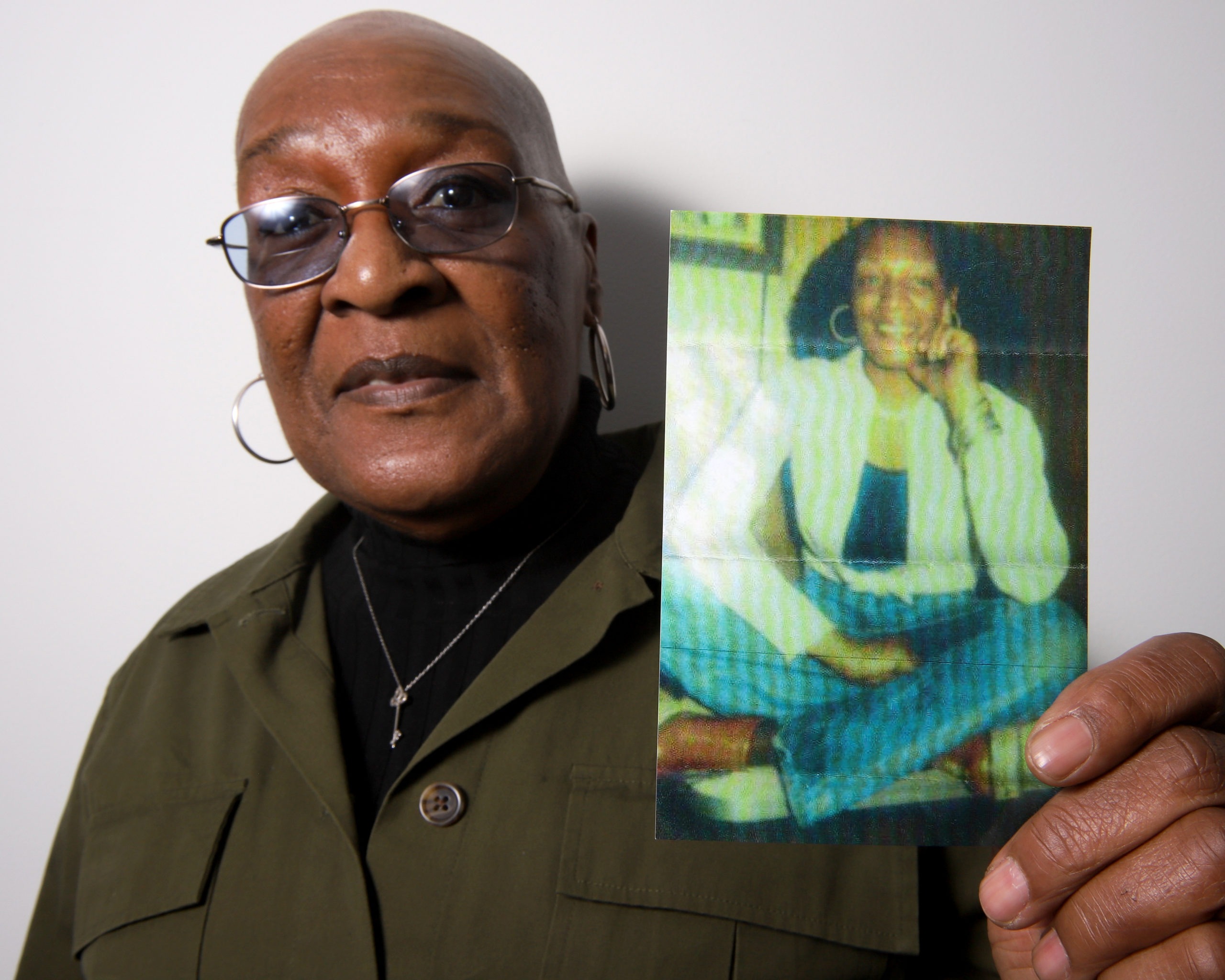
In the mid 1960s, Naomi Wilson was a teenage singer with recordings produced by Philadelphia’s Swan Records. In 1982, she was arrested and charged with murder for the killing of a man who had stabbed her friend Brenda Baker. She was convicted in January 1983 and sentenced to life without parole.
Wilson, who is now Naomi Blount, said during her trial that she never meant to kill the man, only to hurt him. Forensic evidence later showed that it was Baker who had stabbed the man and delivered the fatal blows.
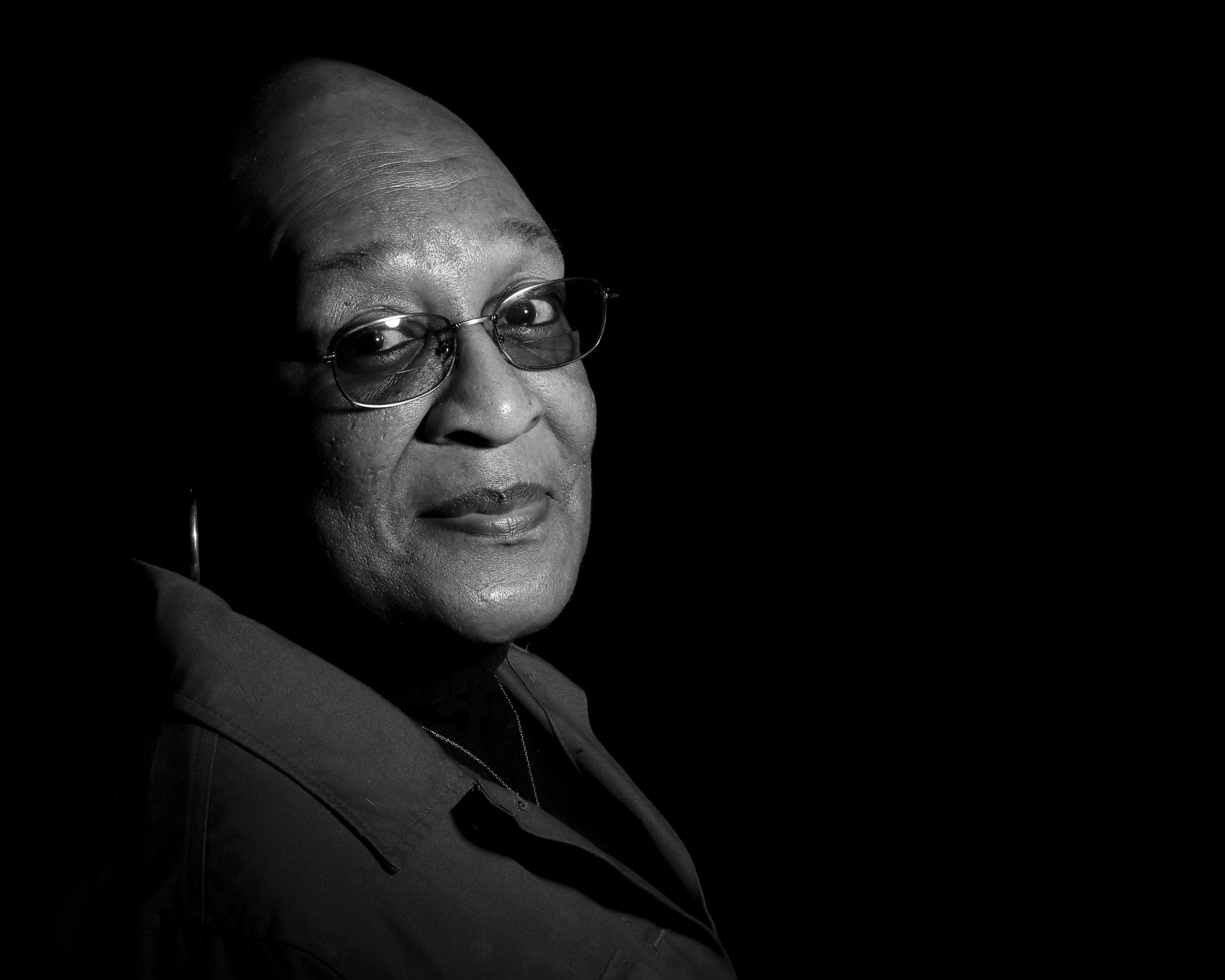
While incarcerated, Blount was a mentor to other incarcerated women. She was released in 2019 after Governor Tom Wolf commuted her sentence. She now works for Lieutenant Governor John Fetterman as a commutation specialist, helping process applications and acting as a liaison for incarcerated people seeking clemency.
Donnell Drinks
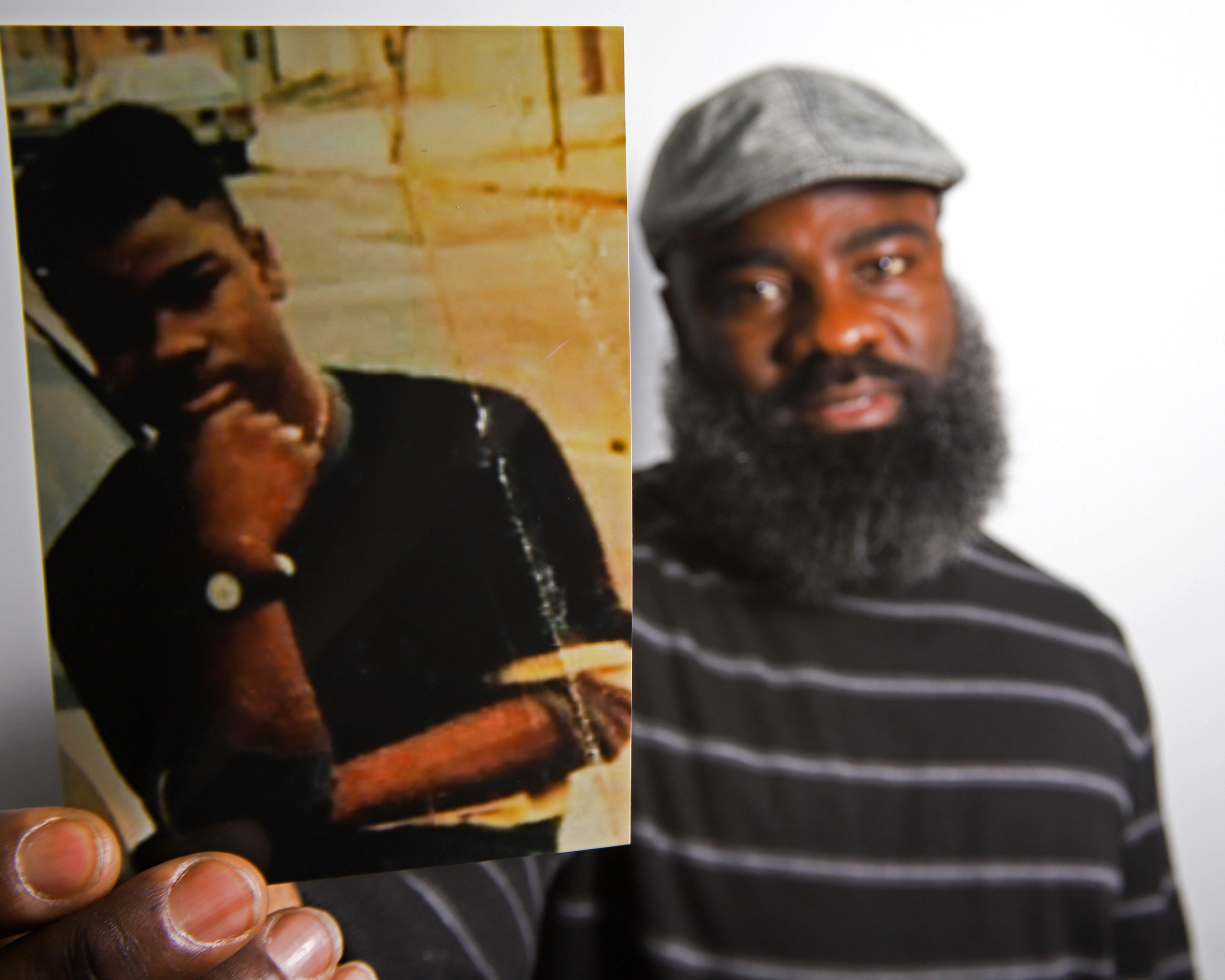
Donnell Drinks was 17 when he committed a robbery in February 1991 in Philadelphia along with his then girlfriend, Terri Joelle Harper. He was 18 when he was convicted of murder in 1992 for stabbing and killing a man during that robbery.
Drinks was initially sentenced to death, but that sentence was overturned after the Supreme Court banned imposing the death penalty on children. He was resentenced to life without the possibility of parole.
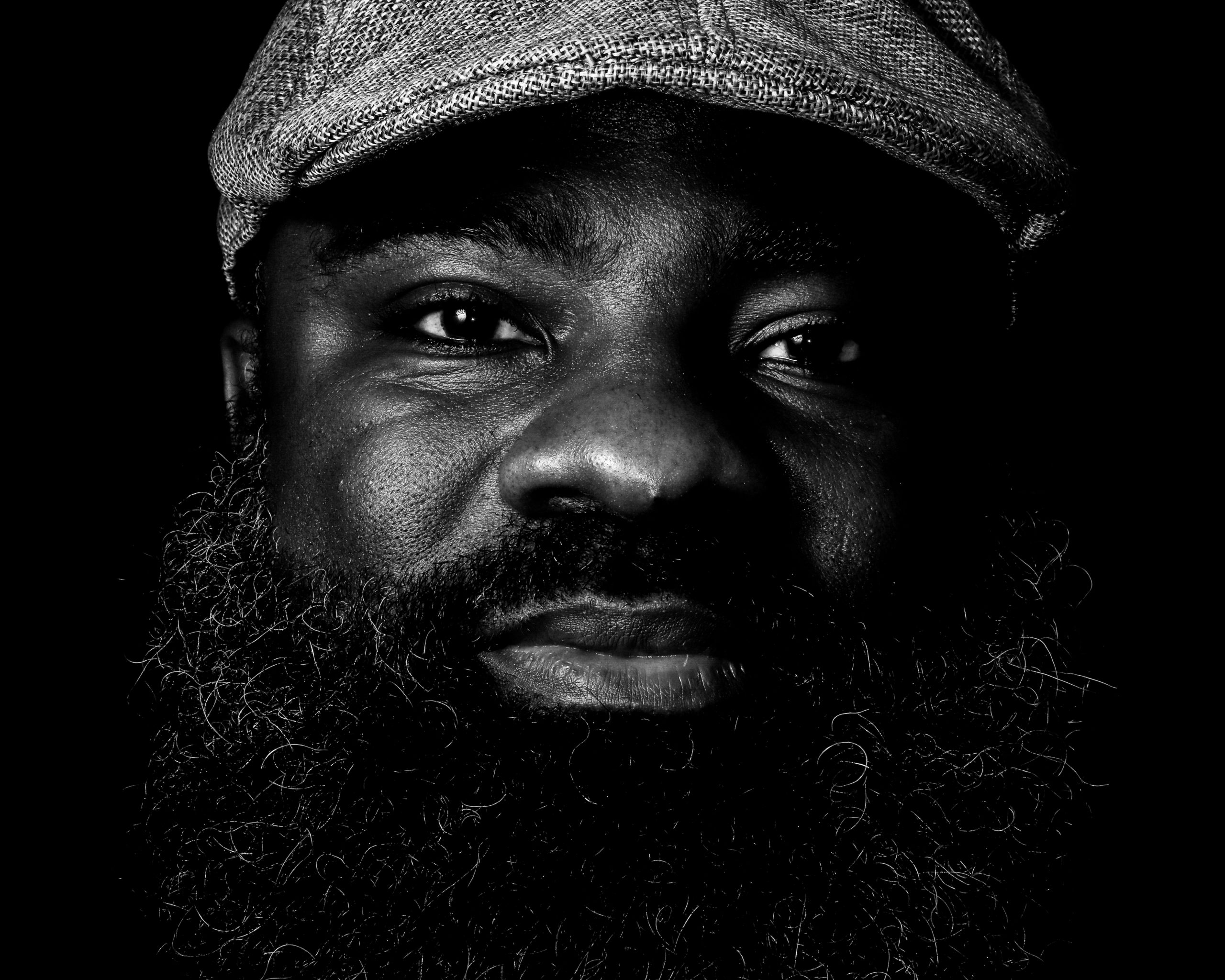
In April 2018, Drinks was resentenced to 26 years to life and released from prison. Following his release, he was hired as a re-entry service specialist with the FRIENDS mentorship program and in March 2020, Drinks was hired as the election protection coordinator for the American Civil Liberties Union of Pennsylvania.
Robert Saleem Holbrook
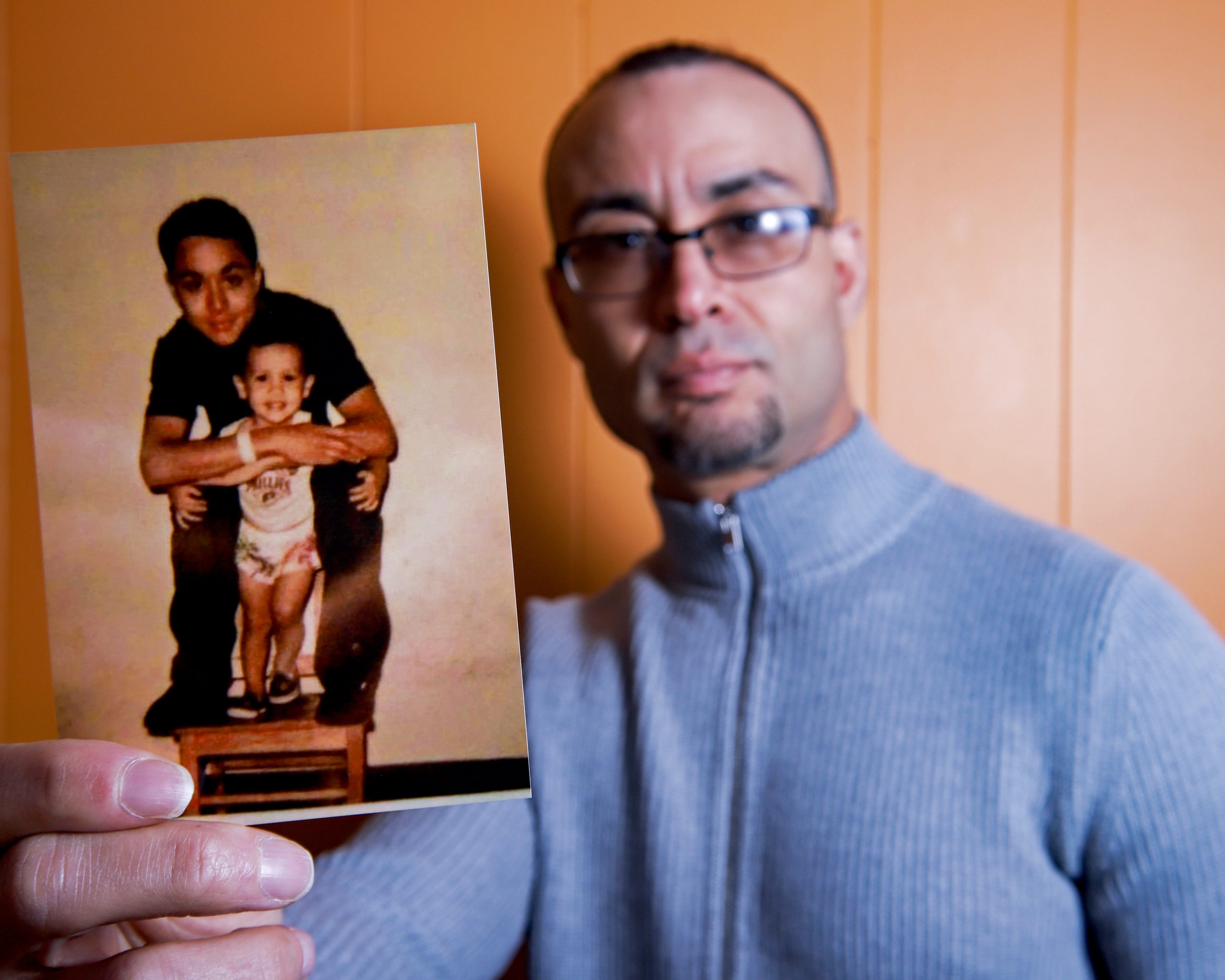
Just one day after his 16th birthday, Robert Saleem Holbrook participated in a home-invasion robbery with three other people. During the robbery, one of the men killed a woman inside the home. Despite never having taken a life, Holbrook pleaded guilty to murder two years after the incident in 1992 and was sentenced to life without the possibility of parole.
Holbrook spent nearly 30 years in prison before his resentencing in 2017. While incarcerated, he co-founded the Human Rights Coalition—an organization dedicated to supporting incarcerated people and their families and creating a system that provides rehabilitation and successful reintegration. He is also a founding member of the Coalition Against Death by Incarceration.
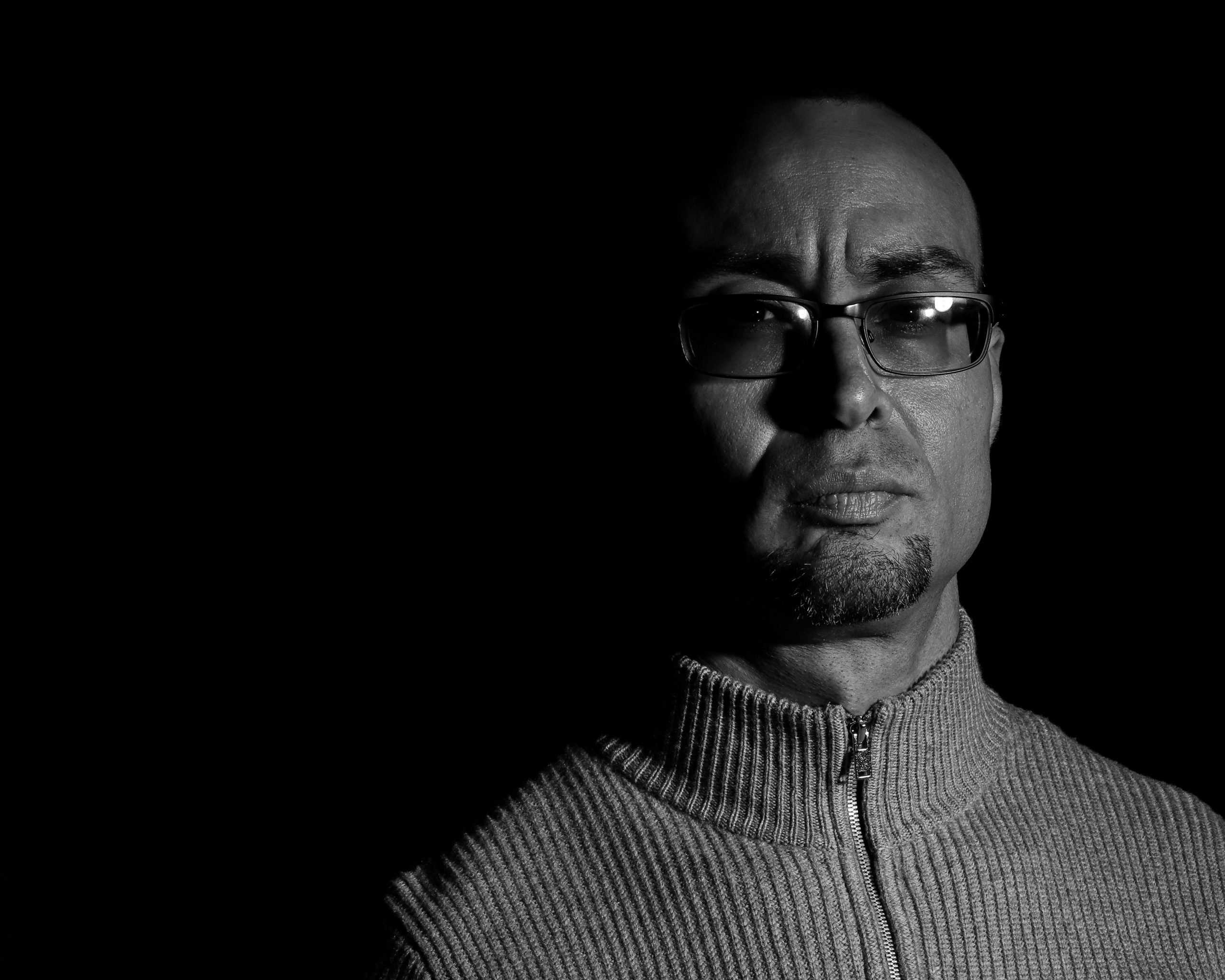
Since his release, Holbrook has continued his advocacy. In 2018, he joined the Abolitionist Law Center and served as the director of community organizing until August when he was named the executive director for the organization.
Erik VanZant
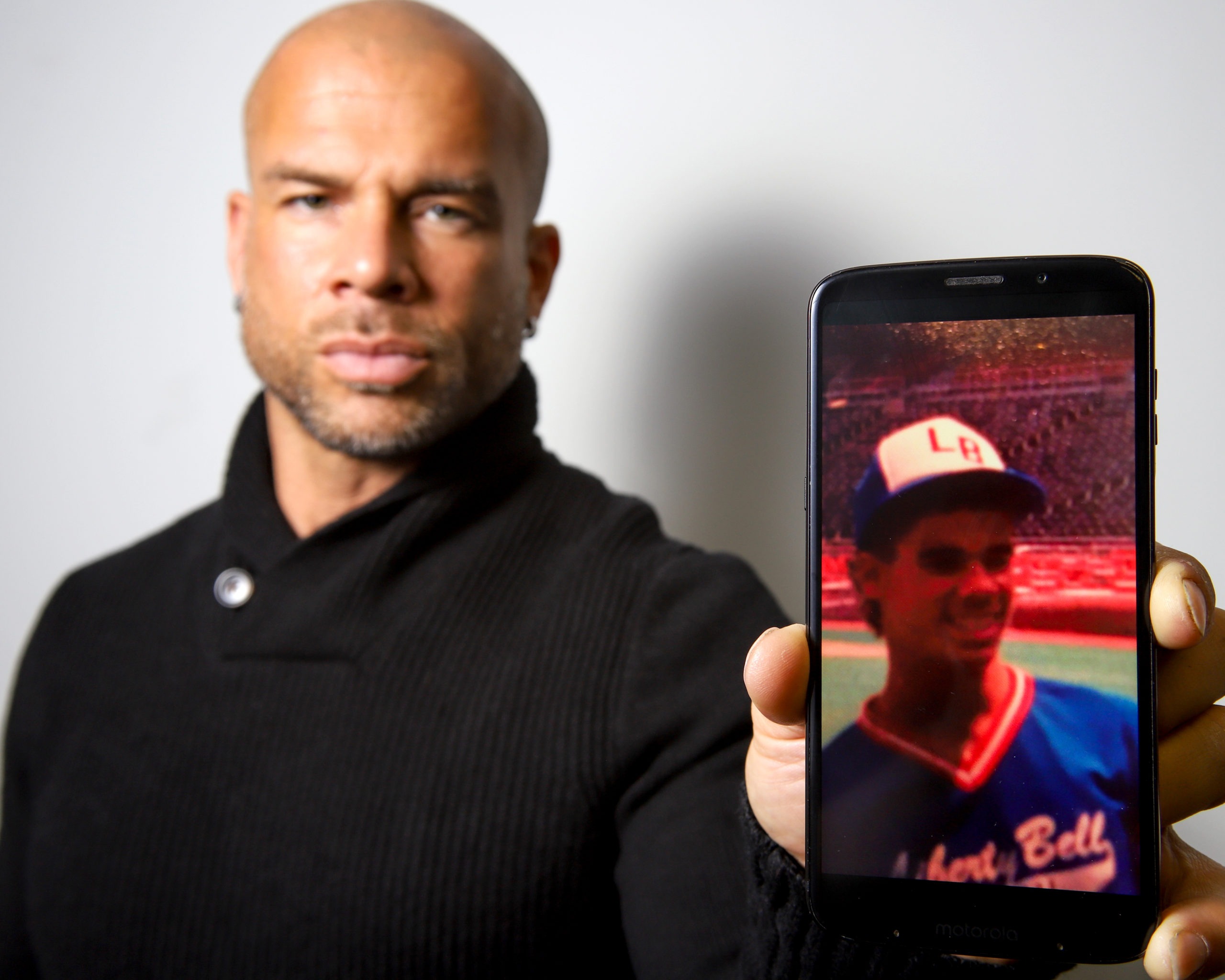
In 1988, Erik VanZant was charged with murder for breaking into his neighbor’s home in Philadelphia and killing her. He was 14 at the time and during his trial, prosecutors tried to paint him as a sociopath. He was convicted in 1991 and sentenced to life without the possibility of parole.
In 2008, after more than 20 years in prison, VanZant testified in front of the Senate Judiciary Committee during a hearing about juvenile life without parole. “Just as I once was a child but am no longer, I once committed a crime but am no longer a criminal,” he told the committee.
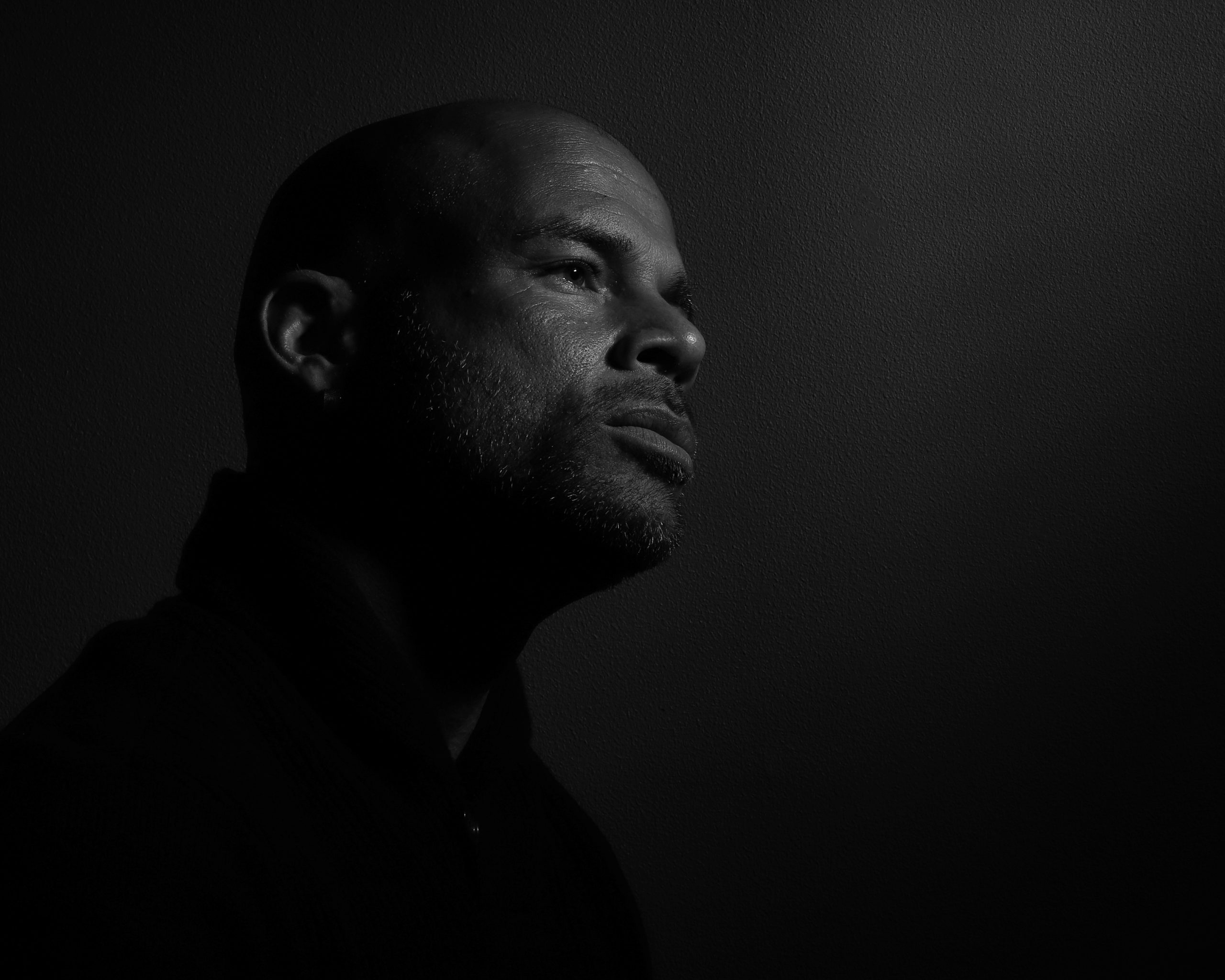
After more than 30 years in prison, VanZant was resentenced in 2018 and released. He is now gainfully employed doing awning fabrication and installation.
George Trudel
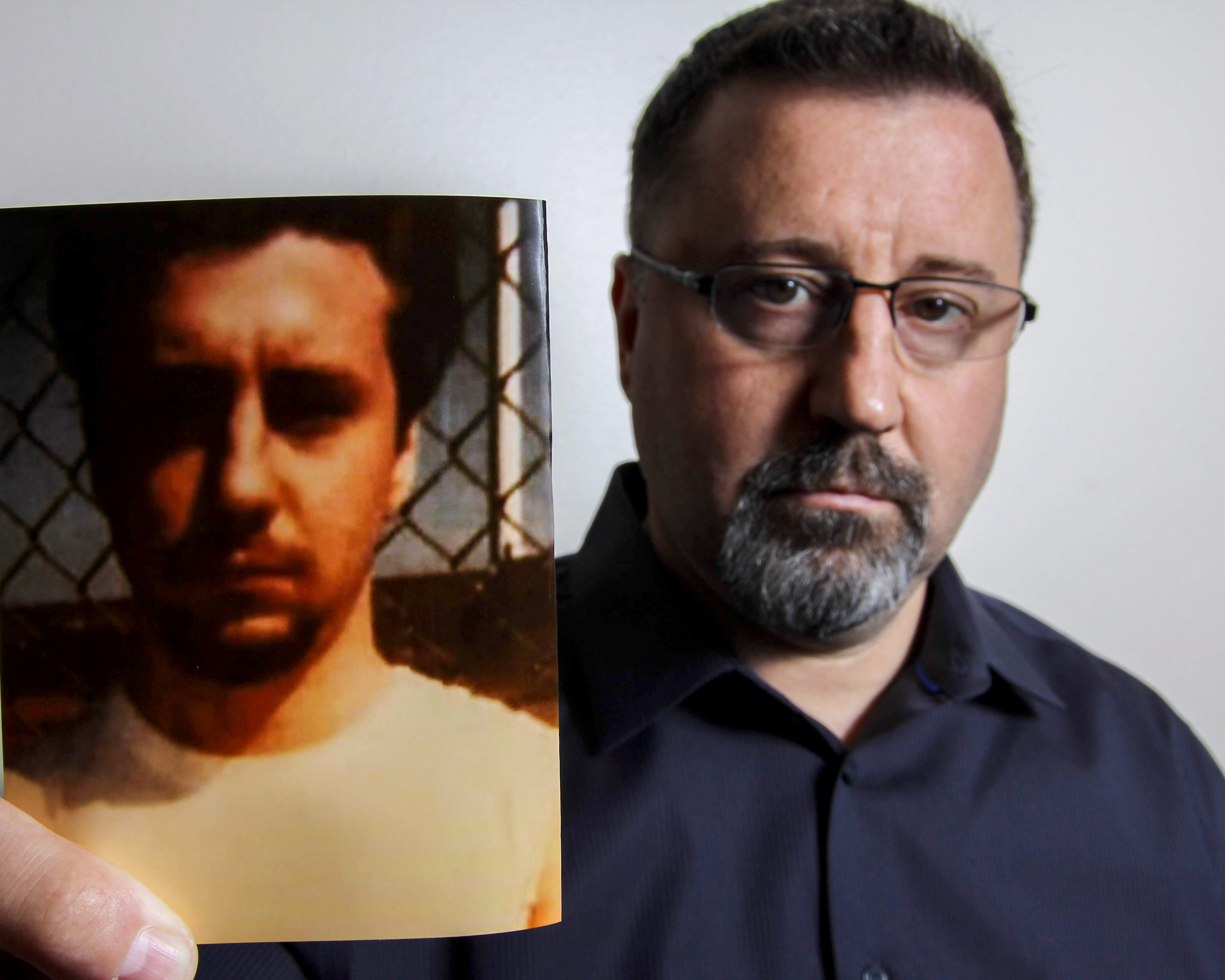
In 1986, George Trudel attempted to break up a fight between his friend Robert Barrett and another man at a party in Philadelphia. During the fight, Barrett stabbed the man and killed him. Both Barrett and Trudel were charged with murder.
Prosecutors argued that Trudel and Barrett had attempted to rob the man and in 1988 he was convicted of murder and sentenced to life without the possibility of parole. Barrett accepted a plea deal from prosecutors and served less than 10 years in prison.

In April 2019, Wolf commuted Trudel’s sentence, and he was released from prison. He, like Blount, now works as a commutations specialist for Fetterman.
Terrance Lewis
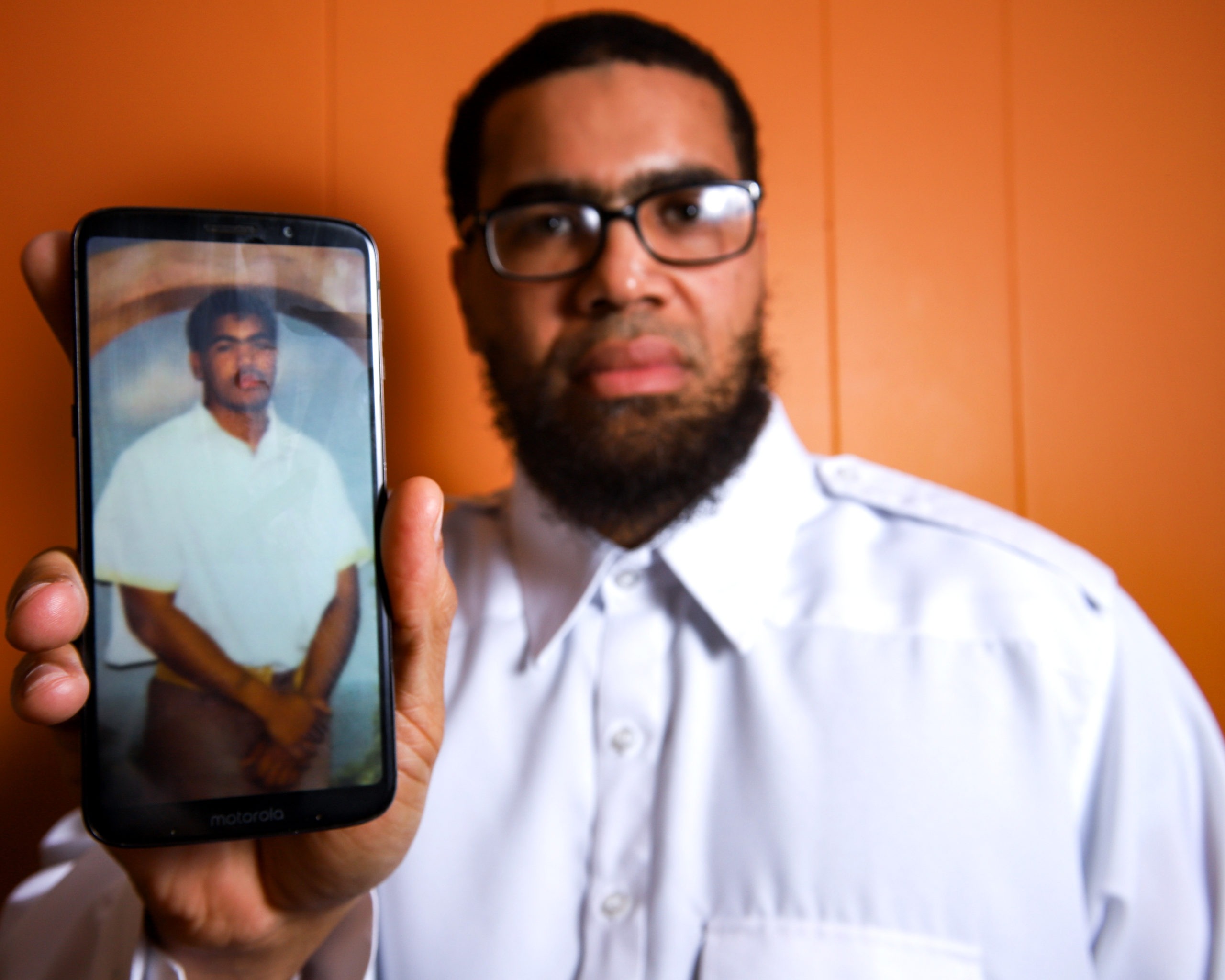
In December 1997, Terrance Lewis was in Philadelphia preparing for the birth of his son, Zahaire. Those plans were abruptly interrupted when he was arrested and charged with a years-old murder he didn’t commit. Lewis was convicted of second-degree murder in 1999 and sentenced to life without the possibility of parole.
Lewis spent the next 20 years trying to prove his innocence. He argued he had had ineffective counsel and that police had coerced witnesses to testify against him. In 2006, a new witness came forward who said she saw the men who committed the murder and knew Lewis was not one of them. A federal judge wrote in 2010 that new evidence likely proves Lewis did not commit the killing but that she did not have the authority to release him. Lewis spent nearly another decade in prison before a Philadelphia judge overturned his conviction in May 2019.
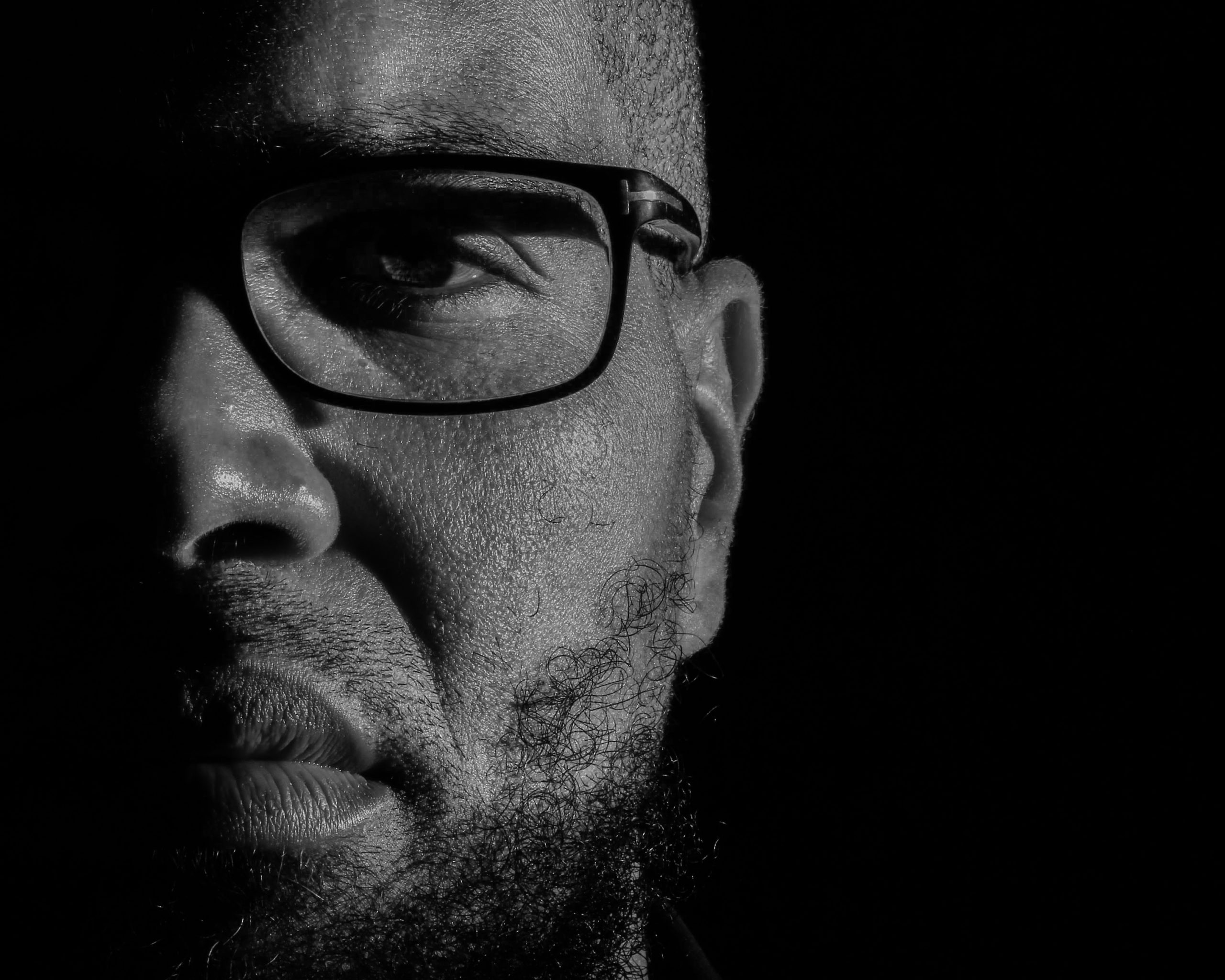
Since his release, Lewis sued the city of Philadelphia for his wrongful incarceration and reached a settlement for $6.25 million. Lewis has also now created the Terrance Lewis Liberation Fund, which helps wrongfully convicted people get out of prison and create lasting change in the criminal legal system.
